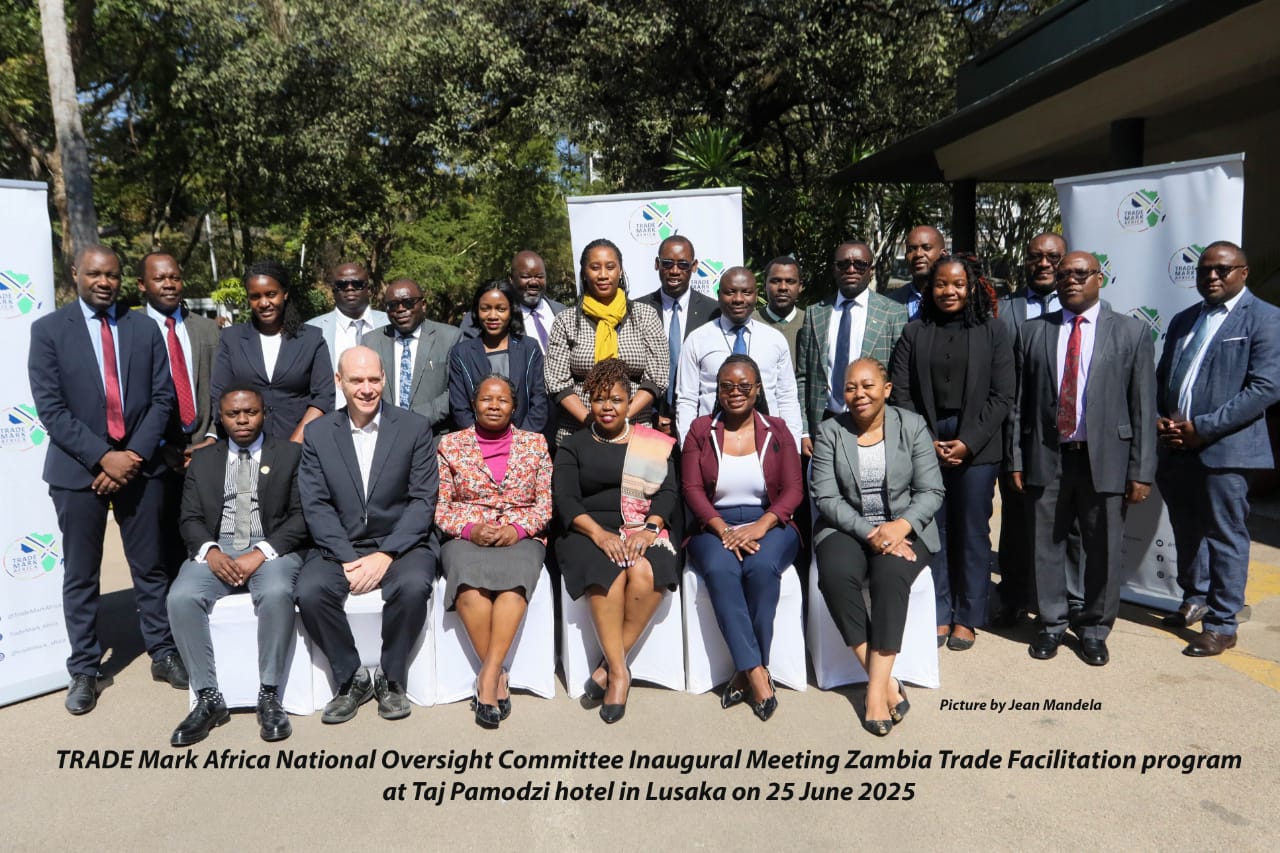Introduction
The 54 Collective shutdown marks a significant turning point in Africa’s venture capital landscape. Formerly known as Founders Factory Africa, this prominent venture firm’s closure amid legal conflict with the Mastercard Foundation exposes critical challenges faced by startups and investors operating in emerging markets. This article delves into the key events that led to the shutdown and the broader implications for the African tech ecosystem.
1. From Ambition to Crisis: The Rise and Fall of 54 Collective shutdown
Originally launched as Founders Factory Africa in 2018, the firm quickly built a reputation for supporting innovative startups across the continent. Backed by major partners such as Standard Bank and Netcare, it aimed to empower entrepreneurs in sectors ranging from e-health to agri-tech. The rebranding to 54 Collective in 2023 reflected a bold new vision—to provide catalytic capital and comprehensive support to transformative ventures.
However, the firm’s trajectory took a sharp downturn following a funding dispute with the Mastercard Foundation. Accusations that charitable funds were misused to finance the rebrand escalated tensions, leading to legal battles and ultimately the shutdown of 54 Collective’s venture studio. This sequence of events highlights the fragility of funding arrangements in high-stakes environments.
2. 54 Collective shutdown: Strategic Partnerships and Their Complexities
The collaboration between 54 Collective and the Mastercard Foundation initially promised vast potential for African entrepreneurs. With a combined funding pool exceeding $100 million, the partnership aimed to accelerate the growth of startups through the venture studio, accelerator programs, and entrepreneur education. Yet, as strategic priorities diverged, cracks appeared.
Navigating such partnerships requires clear communication, transparent use of funds, and aligned objectives. The breakdown between these two giants serves as a cautionary tale for similar initiatives on the continent, emphasizing the importance of governance and accountability in venture collaborations.
3. 54 Collective shutdown: Financial Oversight and Legal Consequences
The 54 Collective shutdown was ultimately triggered by legal rulings regarding the misuse of restricted charitable grants. The Mastercard Foundation raised concerns that funds intended for specific purposes were diverted to cover rebranding expenses. This dispute culminated in a court-ordered liquidation of Africa Founders Ventures, the operating entity behind 54 Collective. This case underscores the critical importance of rigorous financial oversight and compliance in managing venture capital projects.
For startups and venture firms operating in emerging markets, adhering to donor restrictions and maintaining transparency is not just a best practice but a legal necessity. The fallout from this dispute serves as a warning that breaches can have severe operational and reputational repercussions.
4.54 Collective shutdown: Impact on African Startup Ecosystem
The closure of 54 Collective has sent ripples throughout the African tech ecosystem. Many startups that relied on its venture studio and accelerator programs now face uncertainty regarding future support and funding. Moreover, this incident highlights the broader challenges that African entrepreneurs encounter when navigating complex funding landscapes dominated by large institutional players.
Despite the setback, the ecosystem remains resilient. Alternative funding sources, government initiatives, and emerging venture firms are stepping up to fill the void. The 54 Collective shutdown serves as both a setback and a catalyst for more robust governance and innovative financing models tailored to Africa’s unique context.
5. Lessons Learned for Investors and Entrepreneurs
The dispute between 54 Collective and the Mastercard Foundation offers critical lessons for all stakeholders in the African startup scene. Clear contractual terms, mutual accountability, and regular audits are essential to prevent similar conflicts. For entrepreneurs, understanding the nuances of grant restrictions and partnership dynamics is vital to safeguarding their ventures.
Additionally, this episode stresses the need for diversified funding strategies to reduce dependency on a single investor or donor. Building strong relationships with multiple backers can provide more stability and flexibility in times of crisis, helping ventures weather unforeseen challenges.
6. Rebranding Risks and Corporate Identity
The decision to rebrand from Founders Factory Africa to 54 Collective was intended to symbolize growth and a new strategic direction. However, the 54 Collective shutdown revealed the potential risks tied to such corporate identity changes, especially when funding sources are restricted. The controversy over using charitable funds for rebranding sparked the legal dispute that ultimately crippled the firm’s operations.
This case highlights that startups and venture firms must carefully assess financial and reputational risks before undertaking significant branding initiatives, particularly when relying on donor funding.
7. The Future of Venture Studios in Africa
Venture studios like 54 Collective play a pivotal role in nurturing innovation and scaling startups across Africa. Despite this shutdown, the model itself remains vital. The African market’s rapid growth demands platforms that provide not only capital but also operational support, mentorship, and ecosystem connectivity.
New players are likely to learn from 54 Collective’s experience, emphasizing stronger governance and clearer funding frameworks. The 54 Collective shutdown is a learning opportunity that could lead to more sustainable and transparent venture studio models in Africa.
8. Building Resilience Amid Challenges
While the 54 Collective shutdown was a setback, it also underscores the resilience of Africa’s entrepreneurial ecosystem. Governments, investors, and entrepreneurs continue to collaborate, innovate, and push forward despite obstacles. Programs focusing on capacity building, regulatory clarity, and funding diversity are gaining momentum to ensure the continent’s startups thrive.
The lessons from 54 Collective’s closure will inform future policies and investment strategies, contributing to a more mature and robust startup ecosystem.
9. Governance Challenges in Emerging Markets
The 54 Collective shutdown sheds light on governance hurdles that often confront venture firms operating in emerging markets. Weak regulatory frameworks and evolving compliance standards can create vulnerabilities, making it crucial for firms to establish robust internal controls. Transparent decision-making processes and proactive risk management are indispensable in navigating these complex environments. For more insights on governance in African startups, see this comprehensive report by Africanews.
10. The Role of Donor Funding in Africa’s Innovation Space
Donor funding remains a vital lifeline for many African startups and venture studios. However, the 54 Collective shutdown illustrates the delicate balance required when managing such resources. Aligning donor expectations with operational realities demands meticulous planning and ethical stewardship to prevent conflicts that could jeopardize impactful initiatives. For an in-depth analysis of funding strategies, refer to this article on Mauritius Biz Monitor.
11. Entrepreneurial Adaptability and Pivoting
In the face of setbacks like the 54 Collective shutdown, entrepreneurs and venture studios must remain adaptable. Pivoting business models, exploring alternative funding channels, and leveraging local networks can help sustain momentum. Agility in response to challenges is becoming a defining trait for success in Africa’s dynamic tech scene.
12. Collaborative Ecosystems for Sustainable Growth
Building collaborative ecosystems that bring together governments, private investors, accelerators, and entrepreneurs is essential to overcome challenges highlighted by the 54 Collective shutdown. Such partnerships foster shared learning, resource pooling, and stronger advocacy, ultimately supporting a more resilient startup ecosystem.
13. Inspiring a New Generation of African Innovators
Despite the difficulties signaled by the 54 Collective shutdown, Africa’s innovation spirit remains undeterred. Success stories emerging from smaller venture studios and grassroots initiatives continue to inspire a new generation of innovators. Their determination fuels hope for a future where Africa leads global technological transformation.
Conclusion
The 54 Collective shutdown is more than just the closure of a venture firm—it is a reflection of the complex challenges faced by Africa’s tech ecosystem. From partnership disputes to governance issues, this event serves as a cautionary tale for entrepreneurs and investors alike. Moving forward, stronger financial oversight, diversified funding, and transparent operations will be key to unlocking Africa’s vast startup potential.
As the continent looks to the future, the lessons learned from 54 Collective will help shape a more resilient, innovative, and sustainable entrepreneurial landscape.




